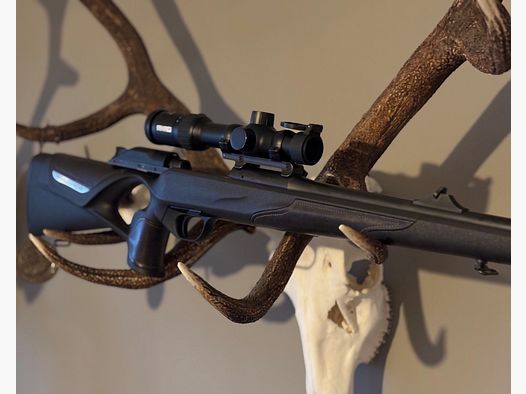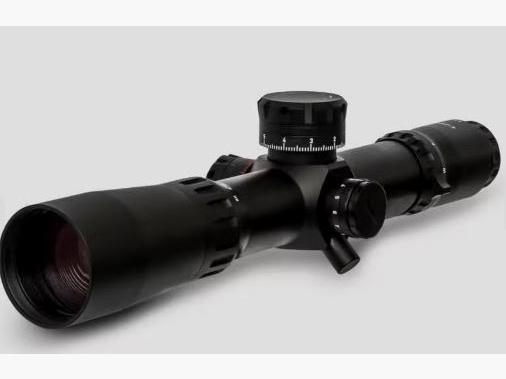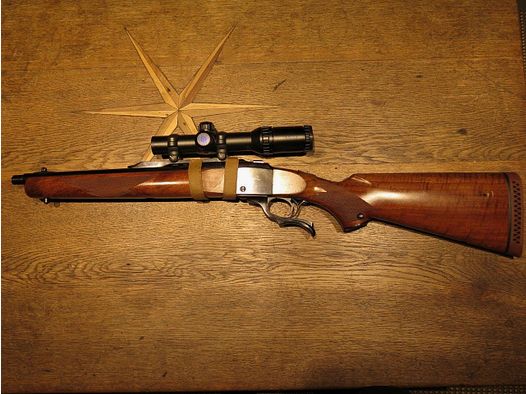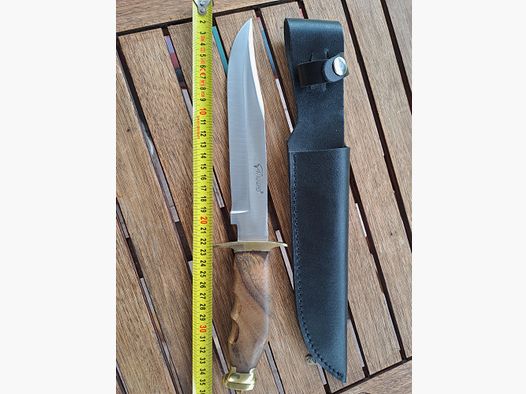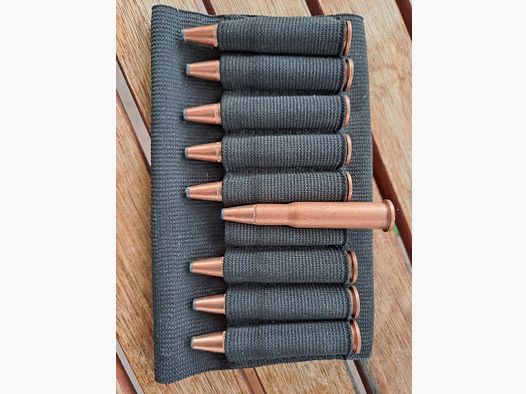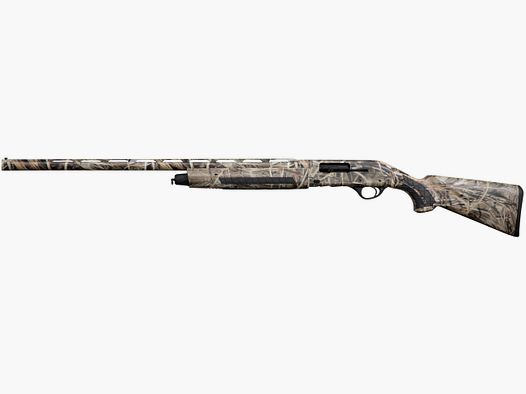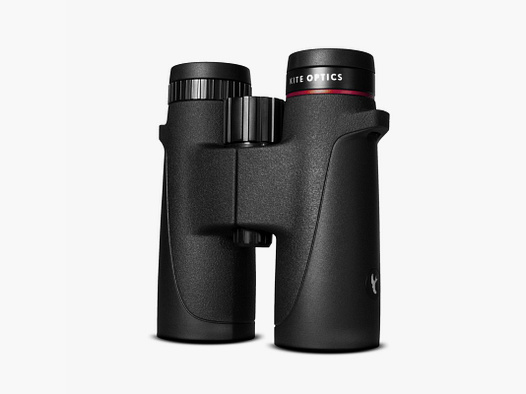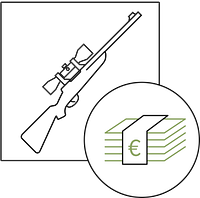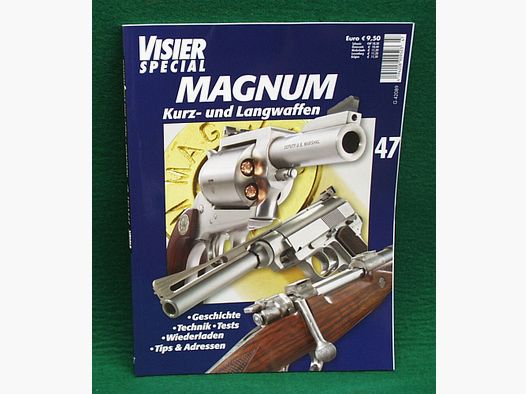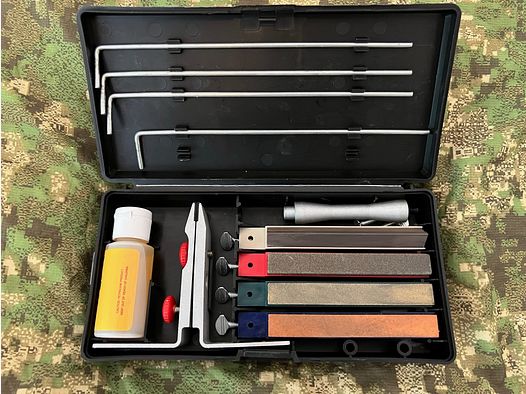After long negotiations and two previous drafts, a revised draft for the new version of the Brandenburg Hunting Law has finally been presented, which both the involved parties and a majority in the state parliament apparently agree on.
Originally, the draft was supposed to grant hunting rights to forest owners with at least ten hectares. However, the current draft sets a minimum limit of 75 hectares, as is already the case in most other federal states. Previously, the minimum limit in Brandenburg was 150 hectares, on which the owner was allowed to exercise their own hunting rights. Only with a special permit was this possible from 75 hectares. It remains to be seen whether halving the limits will lead to more intensive hunting. The main goal of this change is to reduce the overpopulation of wildlife, particularly concerning damage to young plants and the difficulties of forest renewal and restructuring.
However, the radical reduction of the minimum hectare size for private hunting faced resistance from hunting associations, which saw their privileges threatened. The argument that their sole authority is not sufficient to significantly reduce the number of wild animals did not convince them. The Greens' proposal to grant hunting permission to all forest owners, including those with few hectares, was ultimately dropped. Instead, the new draft provides that forest owners can form forest management communities on private hunting districts that do not have to belong to the hunting associations.
As of July 2023, there are around 270 such forest management communities in Brandenburg that manage the forest together. Another new regulation concerns the extension of the hunting season for game animals, i.e., for all even-toed ungulates that are subject to hunting law, until January 31. This is intended to allow hunters to take more game due to better visibility in the winter months. In return, there will be an extended resting period from June 1 to July 31.
Another change concerns the shooting practice of hunters, who must now practice the use of firearms annually at a shooting range. Fortunately, no minimum score is required to pass this exercise, so hunters can retain their hunting license regardless of their shooting results.
Another notable change concerns the prohibition of shooting stray dogs and cats. It is no longer permitted to use automatic traps that could kill these animals. The reason for this is that protected species could accidentally get caught in such traps. Although stray pets can sometimes cause damage in nature, they are now better protected.
Additionally, some bird species have been removed from the list of game animals and may no longer be hunted.
The reactions from hunters and forest owners to the new draft are mostly positive. The coalition partners CDU and SPD also show substantial agreement with this new version. However, Environment Minister Axel Vogel expressed his displeasure and referred to the draft as a compromise. He regretted that he had hoped for more, but ultimately he must face political realities. He expressed satisfaction with the intended limitation of the lease duration for hunting tenants to nine years and the now mandated joint forest inspection of hunters and forest owners, which is to take place every three years.
The new version of the Brandenburg Hunting Law represents a compromise that takes into account both the interests of forest owners and the necessity of regulating the wildlife population. It remains to be seen how the new regulations will perform in practice and whether they will achieve the desired effect.



